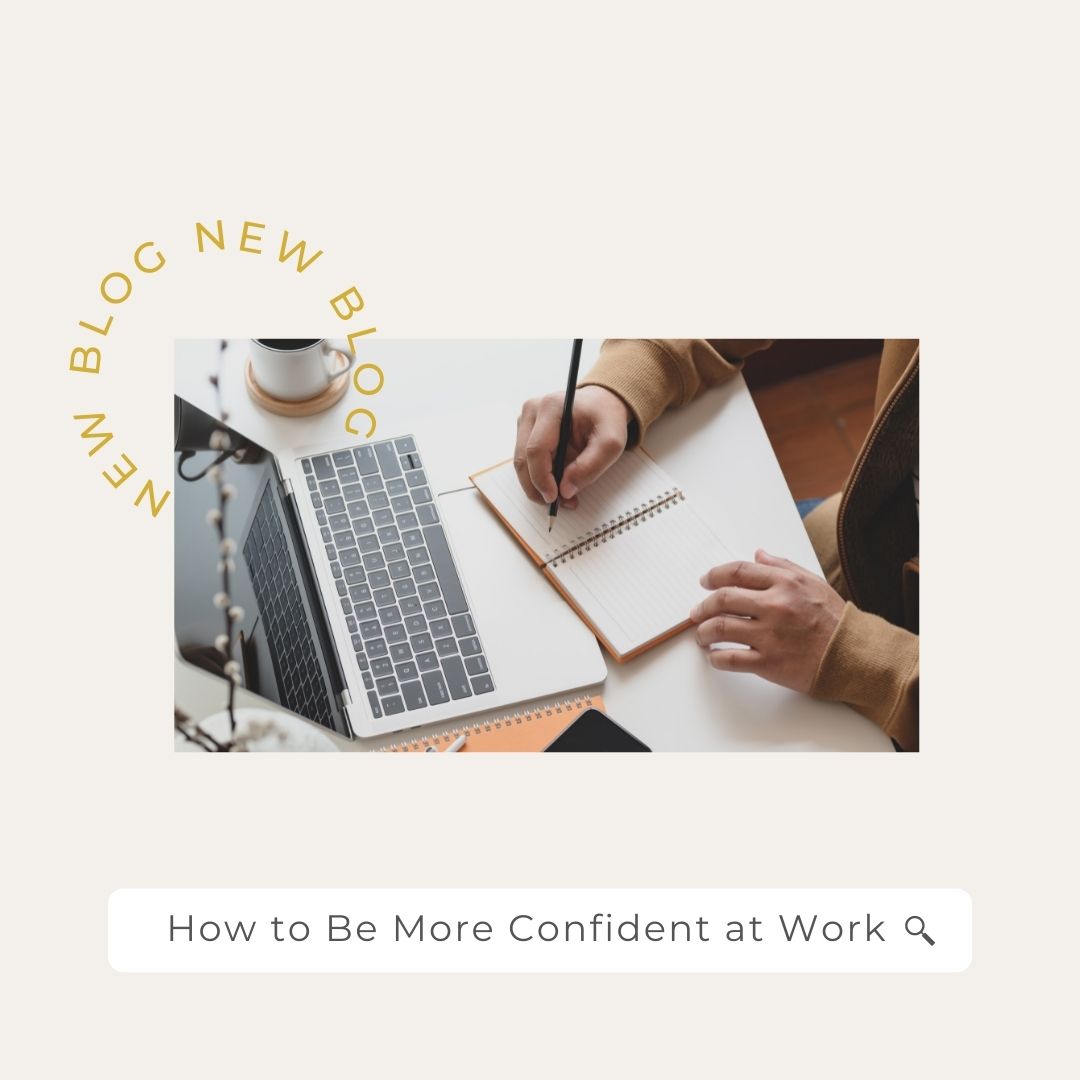Speaking up, or being in the spotlight sounds like a terrifying thought for a lot of people. A reasonable amount of studies point out that the fear of public speaking often ranks up above other common fears such as heights or spiders and even death. Crazy, right?
As professionals, we feel this pressure to be good at speaking up and presenting our ideas. But before even thinking about trying to master the art of public speaking and become a TED Talk speaker,
let’s start with the basics: Why do we struggle to speak up to begin with?
Has it ever happened to you that during a meeting or a brainstorming session or even during a simple social gathering you wanted to speak your mind but felt you couldn’t?
What am I going to say? Who am I to say something? “I hope I don’t make a fool out of myself”. These are common thoughts that pop up in the heat of the moment when we want to express ourselves.
So how can we confront this fear and finally start feeling more at ease when we find ourselves in the spotlight?
1. Reframe Your Negative Association To Speaking Up
The first thing we have to consider and understand is the impact of our social conditioning. Due to the way we have been conditioned, whether it’s our parents, teachers, culture, environment, etc we often associate speaking up to something negative: we think that speaking up or taking up space is rude and selfish.
Another classic social conditioning example is, for example, if you have been often reprimanded for being loud and expressive. This makes you create a negative association to self-expression.
Common thoughts that pop up when we are considering speaking up are: “Let the others go first, don’t be impolite” or “Don’t speak your mind, you don’t have anything valuable to say” or “Don’t be too much in the spotlight, that’s arrogant”.
It’s important to acknowledge that to some extent, this type of advice was useful back in the day when you were a kid in a classroom or at an important family dinner, but that doesn’t mean you can’t speak up now.
The key is that you have to be socially calibrated and that you don’t end up in any extreme of the communication spectrum. What I mean by that is to not be too passive nor too aggressive in your communication style.
Click HERE to learn more about the different communication styles (spoiler alert: you want to be assertive)
So, when it comes to your approach of being in the spotlight, try to reframe it inversely. What if you adopt the frame that speaking up and being in the spotlight (sometimes) is something good?
This may sound counterintuitive, I know, but hear me out.
Have you ever been in a meeting (physical or virtual), what do most people tend to do?
They try to remain low profile and let others do the talking. And very often, it’s only the presenter who speaks and has to keep the conversation going even if sometimes it becomes a monologue, right? (sure you can relate 😉 )
What if I tell you that the polite and selfless thing to do in that situation is to actually say what’s on your mind, contribute to the conversation, give value, and absorb some of the attention so the others can lean back and remain low profile.
If you think about it, putting yourself out there is more of a selfless act than letting others do it considering the majority of people don’t like to do it.
Don’t get me wrong, I’m not saying that you should always put yourself in the spotlight and entertain others from now on, like a dancing monkey. Don’t worry, that’s not what I mean.
I’m just saying that the “rude and selfish” argument is not necessarily valid and that speaking up and being in the spotlight can be a positive thing.
It all comes down to the circumstances of the situation and your ability to be socially calibrated.
This leads me to the next point.
2. Lower The Bar To Speak Up
So now that you accepted that it’s OK to speak up and to be in the spotlight, what are you going to say?
If you have a passive communication style, chances are that you will set the bar really high when it comes to speaking up.
Before sharing what’s on your mind, you filter the ideas, thoughts, and opinions that are in your head.
You question whether or not these are good and valuable enough to share because you don’t want to make a fool of yourself.
“Is this good enough to say?” — Then you proceed to verify your checklist.
And sometimes your high standards are heavily influenced by comparing yourself to world renowned speakers that you see on Youtube or Instagram, which sets the bar even higher and can make you feel like an impostor.
However, the problem with doing this, is that the bar is set so freakin’ high that almost nothing passes through that filter and you end up saying nothing…
But in reality, the people that don’t really struggle to express themselves tend to have a lower bar: they just say what comes to their mind without overthinking it and it doesn’t go through this exhausting filtering process.
So let’s tone down a bit on the Apple Keynotes and TED Talks (don’t get me wrong I love them), we want to first be able to express ourselves, not to give a speech in front of a crowd of thousands of people.
Lowering your bar won’t only help you with speaking up more often, but will also allow you to express yourself in a more natural and authentic way.
Again I’m not saying that you should say absolutely everything that comes to your mind, of course take into account the circumstances and your audience. Once again the art of social calibration is your friend.
Also keep in mind that sharing your thoughts and speaking up, contributes to the conversation and to the process of coming up with the best ideas and solutions.
This leads me to the next point.
3. Focus On Collaboration
If you have in the back of your mind the idea that you’re part of a collaborative approach, this idea will take the pressure off when speaking up.
As research on collective intelligence points out, the quality of the decision is driven by the joint intelligence of the group, not by the most experienced or intelligent member of the group.
We sometimes think we have to share a perfectly finished idea or solution so it’s valuable enough to be shared, but that’s rarely the case.
Just speaking your mind or sharing a half-baked idea can stimulate the conversation and the flow of the creative process hence increasing the collaborative intelligence of the team.
Maybe your “half-baked idea” or opinion will trigger another person’s creativity, resulting in a breakthrough and a refined idea.
So instead of being paralyzed and afraid of being in the spotlight, try shifting your approach to a more collaborative one, trying to contribute and participate in the process so you and your team can obtain the best end results.
4. Don’t Take It Personal
When we put ourselves out there, we fear our worth and reputation are on the line. We think that whatever we say, will either reduce or increase our worth depending on the judgment of others.
Let’s start with a kind reminder that your worth is not defined by what others think of you.
No one knows what it is to be you or what you have been through, so the judgment of others is never fully objective. What others think about you says more about them, than about you 🙂
And yes let’s not lie to ourselves, when we speak up and put ourselves out there, others might have certain opinions, whether they are positive or negative. But the most important thing is to not take it personally.
Someone disagreeing with your ideas and opinions doesn’t mean that they are disapproving of you as a person. We are all different and we are not meant to think exactly the same and that’s OK.
Some people will resonate more with you than others and that’s normal. So never take what others think of your ideas personally and never let it affect your worth.
Focus more on the value you’re bringing to the table than on yourself.
Certainly, speaking up may feel scary but it becomes easier with time, so don’t overthink it, just try to take some baby steps to put yourself out there gradually, you got this 😉
Let’s chat!
What tip have you tried or would you like to try?



Thank you for sharing these tips. I really struggle with this, and I often ended up in situations I don’t want to be in. I’m gonna try these tips. Thank you xx
Needed this! Great post
Very good tips. It is hard to speak up at times.
I’ve definitely worked on that fear over the years, it feels good to speak up.
Thank you for sharing. Some really good tips to follow. Believe in yourself and remember the knowledge you speak of may empower someone else.
I’ve always found difficulties with public speaking. Thank you for these great tips!
Wow! You really nailed this for me. I can relate to all of it. Thank you for your insight and tips. I will be sure to keep them in mind.
You have some great tips here, thank you. And yes, I agree, speaking up can be scary.
Such good insight on gaining more confidence when doing speaking. I totally agree that doing a collaborative event takes a lot of the pressure off, and you can practice with each other and get feedback on things that you may not notice!
For years I had a fear of public speaking and then I got a job where I had to teach a class at a museum I had to overcome my fear real fast. The more times I public spoke it helped me get over my fear.